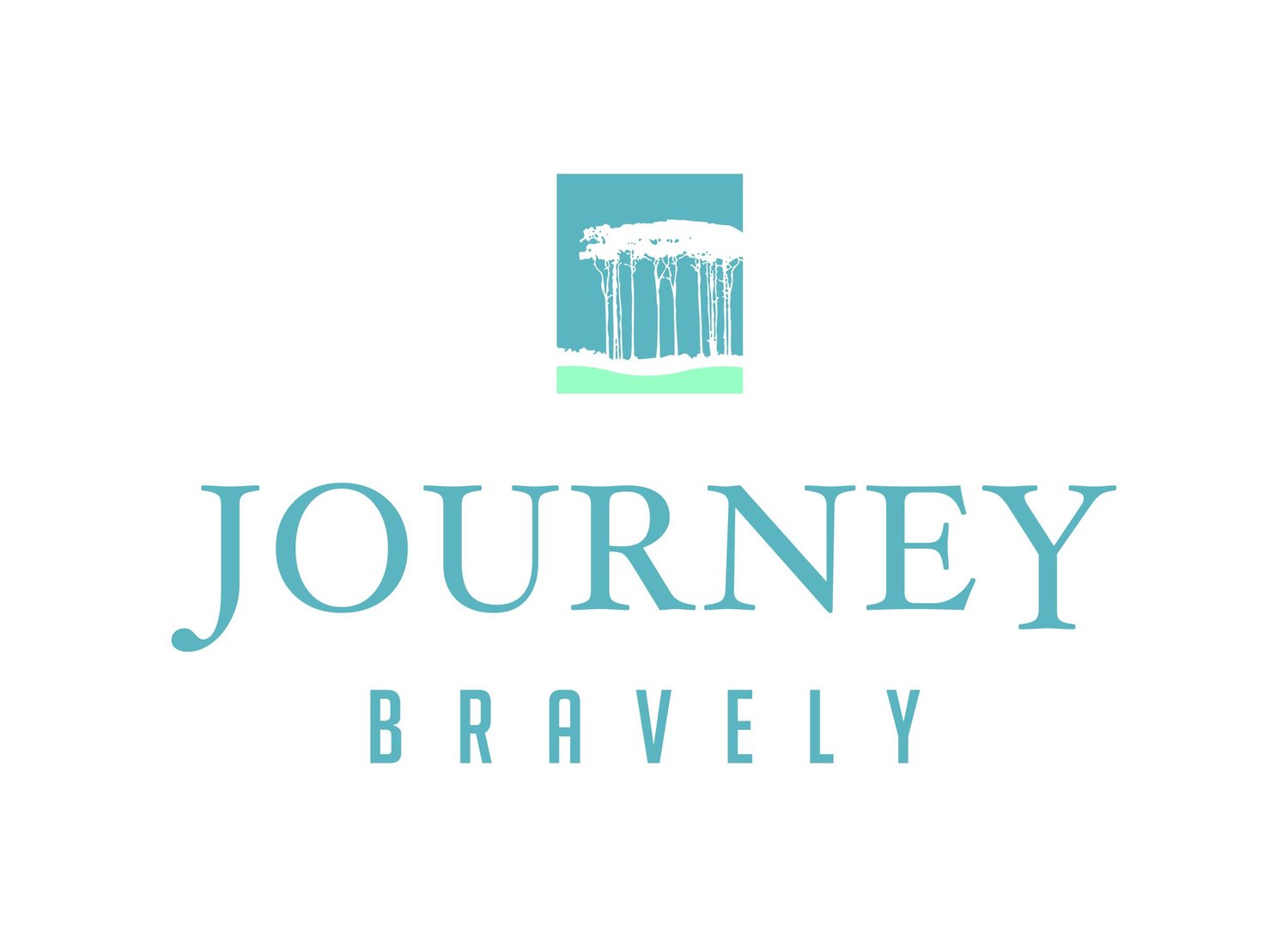I don’t remember most of my dreams, but I’ll never forget this one. In the dream I am in the third-row seat of a car traveling down a straight highway. I am content with my situation until I am suddenly aware that the car is on cruise control, and I am supposed to be in the driver’s seat! The rest of the dream is my struggle from the third row, over the second row of seats, and the center console to the driver’s seat. In the several months I had the dream, I am not sure I ever made it to the driver’s seat.
I had this recurring dream during a season of my life when I was living on autopilot. During this season, life felt more like something that was happening to me than a gift I got to live. I think all of us have had seasons, or days when we’ve felt like this. Maybe there are areas of your life right now that feel exactly like this. We weren’t given life to be a passive passenger in the back seat. In nearly all areas of life, including our relationships, our vocation, our health, our attitudes, and our personal growth we often have far more power than we think. The reality is, we are ridiculously in charge of the lives we’ve been given.
5 Ways to be ridiculously in charge of your life:
1. Let go of the need to be in control. If the last three years have taught us anything, it is that there are things outside our control. But even when we are not in control of everything happening in life, we are in charge of how we respond, our attitude and the actions we take in response to difficult people, circumstances and setbacks. Trying to control things outside of our control distracts us from the choices we can make. One of the great ironies of life is that we try to control what we can’t control and play victim to things we are in charge of.Be in charge: Make a list of things outside of your control and another list of things you can control. Be intentional throughout the day of focusing your energy on things you can control.
2. Acknowledge learned helplessness. There are many different reasons why we begin to feel helpless. Sometimes it’s because we are trying to control things outside of our control, so we begin to assume we have no agency in other areas of life. Sometimes this happens when we see what others have that we don’t (if I had their resources…, if I were as lucky..., if I were given the same opportunities..., if the world weren’t against me…, if I had more time…). This view of life may let us off the hook for responsibility, but it will rob our lives of meaning. Being ridiculously in charge means shifting from focusing energy on what is not possible to how you will find a way and taking the next step. Be in charge: In what areas of life have you learned helplessness? What one small step can you take forward?
3. Treat the past as a teacher not a master. The past becomes a master when we assume it is a predictor of the future. You do not have to be imprisoned by mistakes or failures in your past, and you do not have to repeat them. Allow those experiences to teach you, not define you. Today is a new day, a new chapter. What story do you want to tell? Be in charge: If you were to write the next chapter of your story, what would you title it?
4. Approach life as a possibility to be lived rather than a problem to be solved. The easiest way to get stuck in life is to focus on all the problems in life that need to be solved. When we do this, we start living life as a list of “should”; I should lose weight, I should read more, I should be a better spouse/parent, etc. Life soon becomes an obligation. When we shift our focus from the problem to the possibility, “should” becomes “can”; I can lose weight, I can read more, I can be a better spouse/parent. This approach to life is empowering invitation to live the life we want to live. Be in charge: What are your dreams? What do you want to be true?
5. Be intentional about yes and no. Being ridiculously in charge means we recognize the everyday choices we make are helping us move towards our desired outcome or they are not. This is true of both the active choices we make as well as the passive choices. And, because we are limited beings, every time we say “yes” to something we are saying “no” to something else. Be in charge: Once you identify what you want to be true in your life, make a list of things you need to start and a list of things you need to end.
If you would like to connect with us, you can find us at www.journeybravely.com.
Todd Craig has over 20 years experience having helpful coaching conversations with individuals, couples, and groups including 5 years experience of professional life and leadership coaching. He uses effective, strategic tools including the Birkman and Enneagram in his skill based coaching to help people move their stories and goals forward. To meet with Todd, connect here.





